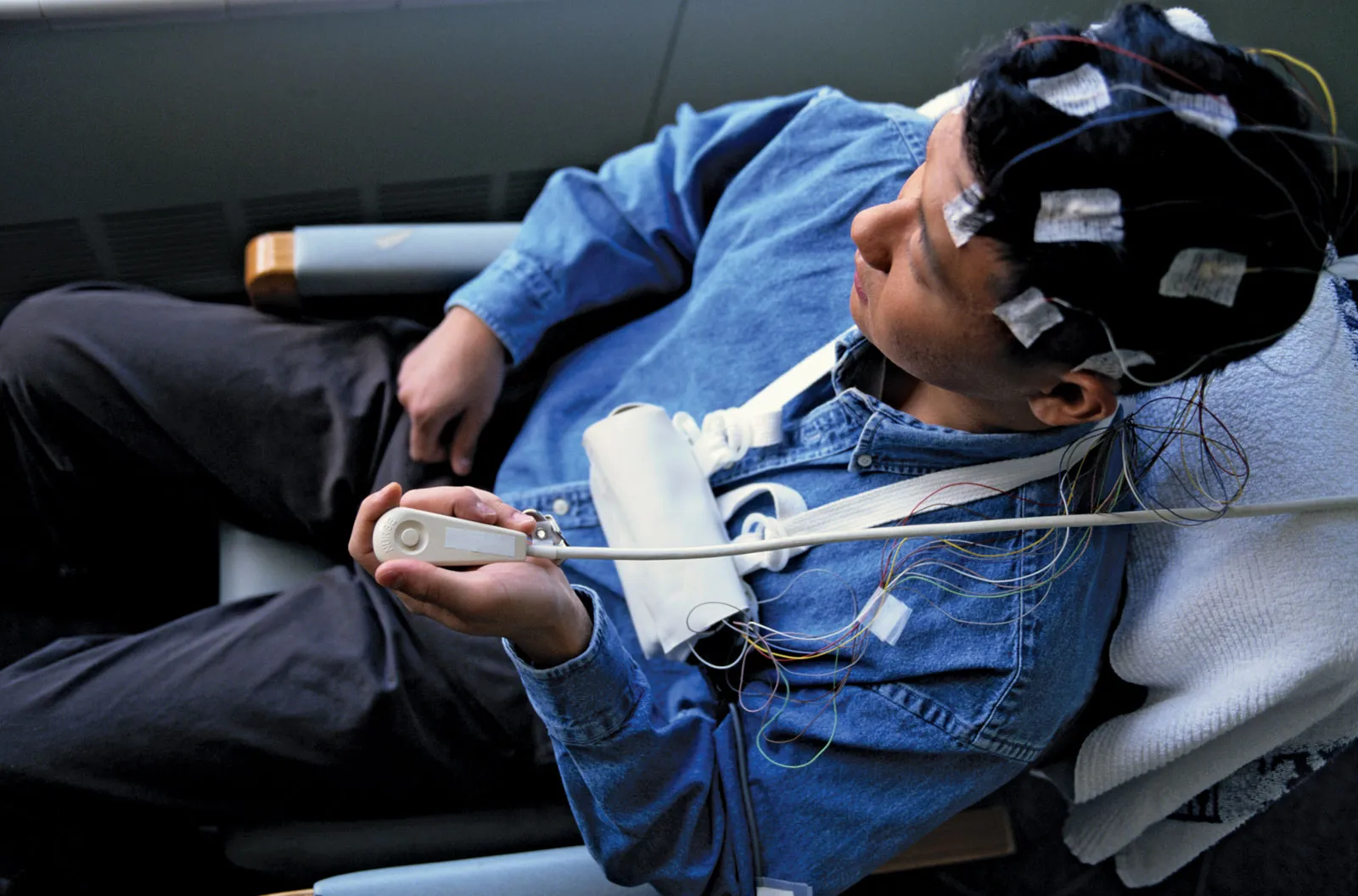
Epilepsy: Causes, Symptoms, and Treatment Options
Epilepsy is a neurological disorder that affects the brain's electrical activity, causing recurrent seizures. These seizures can vary in intensity and duration, and can have a significant impact on a person's quality of life. In this article, we'll discuss the causes, symptoms, and treatment options for epilepsy.
Causes of Epilepsy
The exact causes of epilepsy are not always known, but there are several factors that can increase a person's risk for developing this condition. Some common causes of epilepsy include:
Brain damage: This can be caused by traumatic brain injury, stroke, brain tumors, or infections like meningitis.
Genetic factors: Some forms of epilepsy are hereditary and can be passed down from parents to their children.
Developmental disorders: Epilepsy can be associated with developmental disorders like autism and cerebral palsy.
Infections: Certain infections like encephalitis or meningitis can cause epilepsy.
Other factors: Epilepsy can also be caused by alcohol or drug abuse, sleep deprivation, or hormonal imbalances.
Symptoms of Epilepsy
The symptoms of epilepsy can vary widely depending on the type of seizure and the individual. Some common symptoms include:
Uncontrolled jerking or twitching movements
Loss of consciousness or awareness
Staring spells
Temporary confusion
Emotional symptoms like fear or anxiety
Sensory symptoms like smells, tastes, or visual changes
Muscle stiffness or weakness
Loss of bowel or bladder control
Treatment Options for Epilepsy
While there is no cure for epilepsy, there are several treatment options available to manage seizures and improve quality of life. Some common treatment options include:
Medications: Anti-seizure medications can be effective in reducing the frequency and intensity of seizures. It's important to work closely with a healthcare provider to find the right medication and dosage for each individual.
Surgery: In some cases, surgery may be recommended to remove a part of the brain that is causing seizures.
Vagus nerve stimulation: This is a non-invasive procedure that involves implanting a device that stimulates the vagus nerve to reduce seizures.
Ketogenic diet: This high-fat, low-carbohydrate diet has been shown to reduce seizures in some individuals with epilepsy.
Conclusion
Epilepsy is a complex neurological disorder that can have a significant impact on a person's life. However, with proper management and treatment, many people with epilepsy can lead normal and fulfilling lives. If you or a loved one are experiencing symptoms of epilepsy, it's important to seek medical attention and discuss treatment options with a healthcare provider.